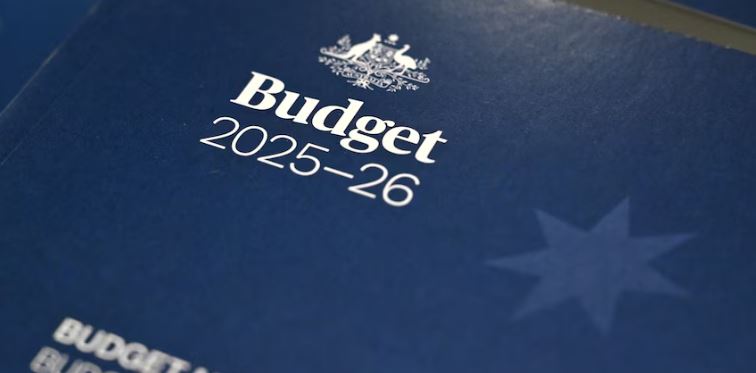Urban Development Institute of Australia (UDIA) welcomes the Federal Treasurer’s housing investment, skilled labor incentives and enabling infrastructure projects, in the 25-26 Budget.
“This budget is a smart step in the right direction but Government has a mountain to climb if we are to build enough homes to impact affordability,” said Col Dutton, UDIA National President.
The 2025-26 Budget measures for the housing industry, will help move the productivity dial because housing and construction is 9% of GDP, 11% of full-time employment and every dollar invested yields $2.90 in the broader economy.
“We encourage Government to continue to focus on productivity boosting measures like upfront housing incentives and enabling infrastructure, to boost private housing that makes up 97% of the Housing Accord Target,” said Col Dutton.
The budget initiatives include an extra $17.1 billion over ten years for infrastructure projects including housing enablement programs, road, rail, upgrades and intersections that will support more housing. It also includes $54 million for prefabricated and modular housing investment for states and territories, $120 million to incentivise states and territories to slash red tape for modern methods of construction, $3 billion to complete the rollout of the National Broadband Network, $800 million expanding the Help to Buy income thresholds so more Australians can own a home, $4.9 million for the Regional Home Guarantee to increase home ownership, $626.9 million to double incentive payments up to $10,000 for eligible apprentices training in the housing construction sector and $5,000 priority hire payments to employers, $1 billion to fund for crisis and transitional accommodation.
UDIA has consistently championed strategies incorporating these initiatives, as the building blocks for increasing housing delivery and easing rents and prices. Critically we also need more market-wide initiatives on housing supply to reach the ambitious Housing Accord target of 1.2 million new homes over 5 years.
“With FY 2024 dwelling commencements the lowest since 2012, we support Government continuing to focus on measures that drastically increase housing delivery capacity – this means billions more for enabling infrastructure, upfront incentives to; build more housing, attract skilled labour, halve approval times and increase density bonuses,” said Col Dutton.
UDIA looks forward to working with Government to implement these budget initiatives, particularly those that have the potential to accelerate the delivery of all types of housing.
–ends–
Key Facts
- The Budget housing measures address the aims of the Housing Accord to deliver 1.2 million new homes over the 5 years from 2023-24. We need to quickly address the housing roadblocks so we can get as close to the National Accord housing Target of 1.2m dwellings.
- We have two market challenges in housing that must be addressed together:
– Supply of affordable and social housing – current policy being implemented is the first steps for housing; and
– Supply of median priced housing for middle Australia – we need initiatives for private housing providers to expand delivery of housing.
Construction job vacancies are 21% higher than the long run average.
Given the decline in completions, the nation will need to build an eye watering 300,000 dwellings p.a. for the final three years to meet the Accord target.
The lion’s share (97%) of the 1.2m housing target relies on private development and delivery across the entire housing spectrum.
Unfortunately, about 85% of housing is delivered by smaller to medium sized organisations (SME’s) that cannot access the HAFF due to scale.
There simply isn’t enough housing capacity in the private housing market to meet the Accord target. We need market-wide solutions to reach the Accord targets.
Industry is struggling to return to pre-covid productivity much less overcome historic development ready land shortages.
Land prices jumped 39% in the last 3 years & rentals grew 52% since 2020 and are forecast to rise further.
Latest forecasts show commencements are at the lowest volume since 2012 with just159,760 new home starts in FY 2024.
Construction costs are up 38% since COVID and will not fall anytime soon.

